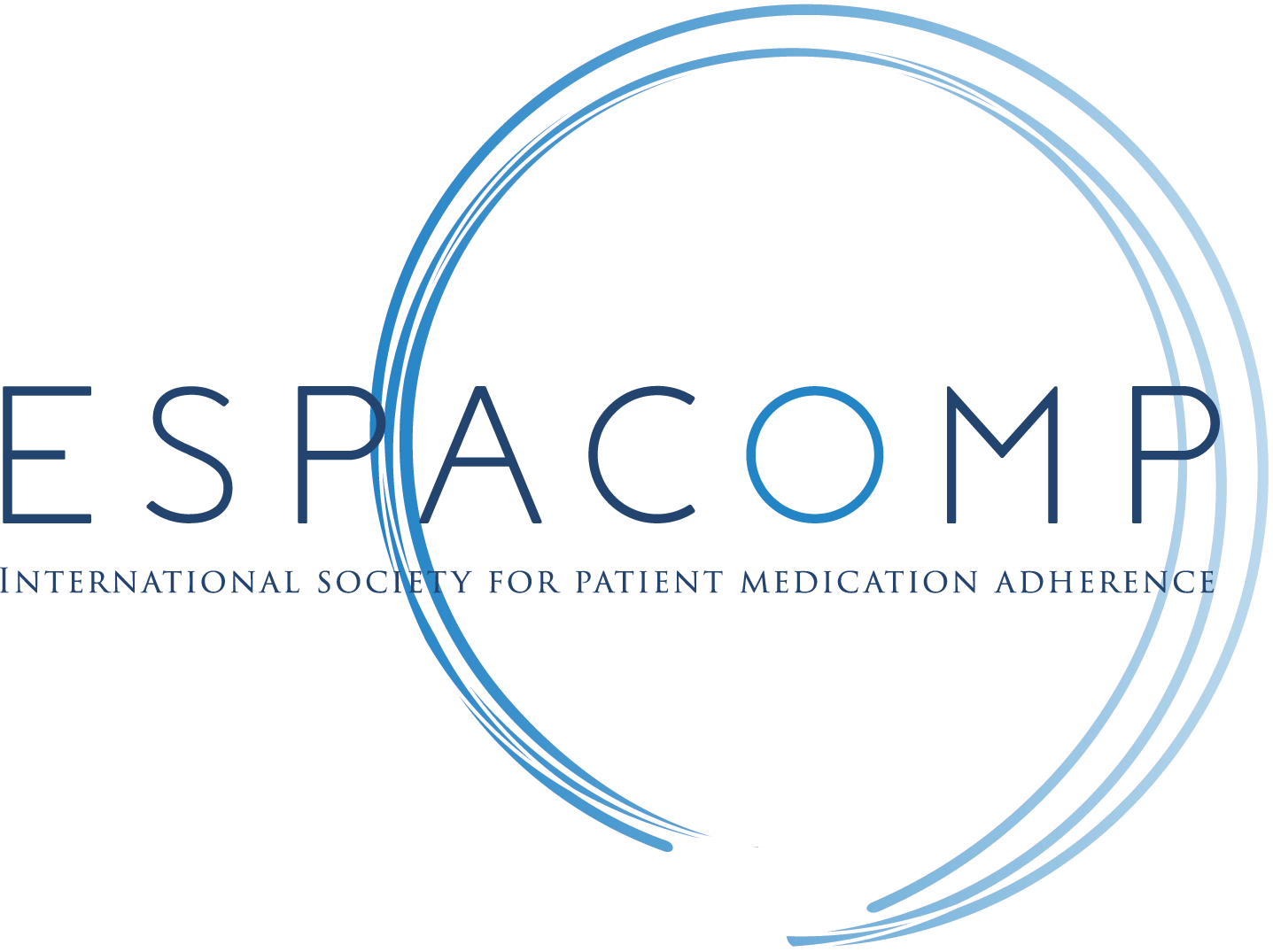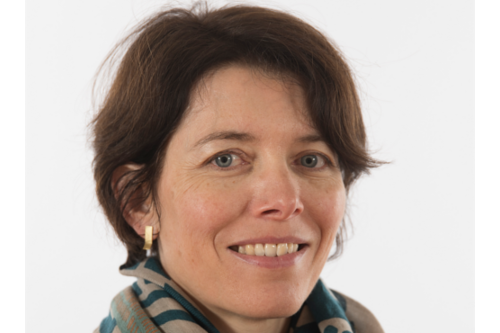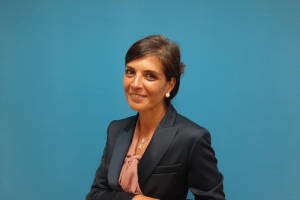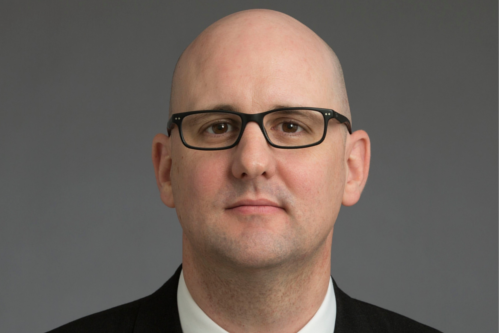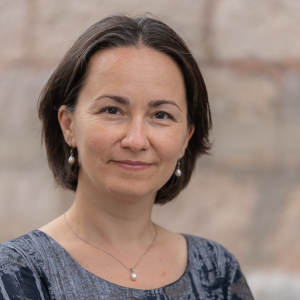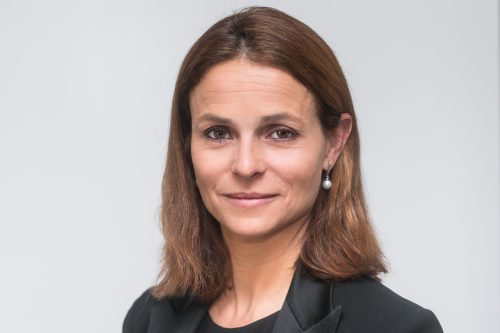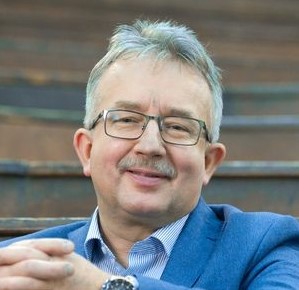Society
ESPACOMP promotes the science of medication taking
ESPACOMP promotes the science of medication taking. To be more specific, the science of medication taking concerns people’s use of medications which have been prescribed to them. Hence, this science addresses amongst others the differences between healthcare providers’ prescriptions and patients’ use of those prescriptions, the reasons for medication non-adherence, the clinical and economic consequences of non-adherence, and the development and implementation of interventions to support adherence.
What does ESPACOMP to achieve this goal?
As a non-profit organisation, ESPACOMP therefore promotes the translation of medication adherence research into evidence-based policies, programs and practices that are useful to people taking medications, healthcare professionals, policy makers, and researchers in both public and private organisations. The society is a platform for interprofessional collaboration on adherence research. In addition, it provides training for researchers and practitioners to advance the evidence base on adherence to medications and its implementation in clinical practice.
Operating Committees
Administration Committee
The Administration tasks include managing finances and overseeing day-to-day operations. Financial administration involves creating and managing budgets, tracking expenses, and ensuring compliance with financial regulations. Day-to-day operations include managing administrative tasks such as record-keeping, managing communication channels, and ensuring compliance with legal and regulatory requirements. Effective administration is critical for a small non-profit organization as it allows the organization to operate efficiently, allocate resources effectively, and achieve its goals while making a positive impact on its community.
Chairs: Bernard Vrijens, Sabina De Geest
Research, Policy & Implementation Committee
The Research, Policy and Implementation committee aims to contribute to the development of high-quality projects in medication adherence with sound methodology to facilitate the translation of research into practice and policy. The principal areas of interest include the reasons for medication non-adherence, the clinical and economic consequences of non-adherence, and the development and implementation of interventions and policies to support adherence. Some examples of research projects undertaken with/by ESPACOMP, and which illustrate the value of working in partnership, include the ABC taxonomy, the EMERGE guideline and the TEOS framework. The committee aims to translate research findings into information that is useful to patients, healthcare providers, healthcare policy makers, drug regulators, and industry.
Chairs: Dyfrig Hughes, Filipa Costa
Digitisation & Communication Committee
The Communication and Digitalization Committee has as its main task to promote ESPACOMP and its activities. Major tasks of the group include: 1) developing a communication strategy for ESPACOMP to effectively reach and engage its members, healthcare professionals and policy makers, 2) creating and maintaining communication channels for ESPACOMP, such as the website, social media, and other relevant platforms, 3) promoting ESPACOMP’s mission and increase its visibility via a variety of media and by advertising our own conference.
Chairs: Rob Heerdink, Liset van Dijk, Leah Zullig
Education Committee
The Education committee is dedicated to increase the dissemination of knowledge on medication adherence among researchers, to strengthen the competences of students and healthcare professionals, and to raise the awareness among policy makers, the public and patients on the multilevel origin and endemicity of nonadherence. Our global aim is to impact the healthcare systems, to empower and support people and to inform the pharmaceutical and technology industries to improve patient outcomes. ESPACOMP education committee collaborates closely with the European Network to Advance Best practices & technoLogy on medication adherence (ENABLE) COST Action in order to combine efforts to increase and sustain knowledge dissemination. The education committee also invites new members to join its team.
Chairs: Marie-Paule Schneider, Alpana Mair
Early Career Researchers Committee
The Early Career Researchers Committee (ECR) is aimed at supporting the professional development and advancement of Early Career Researchers in the field of medication adherence. The mission of the Committee is to create a platform for ECRs to network, collaborate, and share their research ideas and findings. The goals of the Committee include promoting the involvement of ECRs in ESPACOMP activities, facilitating mentorship and training opportunities, encouraging the dissemination of research results, increasing the involvement within the Society by enhancing and creating ECRs-oriented programs, such as networking events and social activities. Additionally, the Committee aims to increase the visibility of ECRs and their medication adherence research and to foster collaborations between ECRs and senior researchers within ESPACOMP.
Chair: Sara Mucherino
History
In 1996, a group of scientists from Belgium and the Netherlands organized the Lowlands Symposium to share their research on patient compliance and persistence with prescribed therapy. This symposium has grown over the years, which above all reflects the increased interest for adherence related issues across Europe. In order to reflect the international expansion of the symposium, in 2006, the organizing committee decided to rename the symposium as the European Symposium on Patient Adherence Compliance and Persistence and to extend it to other European countries. In 2009, The European Society for Patient Adherence, Compliance, and Persistence was founded. The official name of ESPACOMP was changed to International Society for medication adherence in 2019.
Today, ESPACOMP is a growing interprofessional community focused on adherence research and practice. The yearly ESPACOMP conference has become the meeting place for an increasing number of international adherence researchers, healthcare professionals, pharmacoepidemiologists, statisticians, from both academia and industry. Different healthcare professions are represented in our membership, such as pharmacy, medicine, nursing, psychology.
Executive Committee
Leah Zullig
2021-2024
Member of the Duke Cancer Institute
Health Services Research in Primary Care,
USA
Liset van Dijk
2021-2024
Sabina de Geest
2023-2025
Professor of Nursing, Director of the Institute of Nursing Science (INS) &
Chair of the Department of Public Health, Faculty of Medicine
University of Basel, Switzerland
Professor of Nursing, Centre for Academic Nursing & Midwifery
Department of Public Health and Primary Care
Faculty of Medicine, KU Leuven, Belgium
Dyfrig Hughes
2023-2025
Rob Heerdink
2023-2025
Associate Professor of Pharmacoepidemiology & Clinical Pharmacology
Department of Pharmaceutical Sciences, Utrecht University,
Professor of Innovation in Healthcare Processes in Pharmacology
HU University of Applied Sciences Utrecht
The Netherlands
Alpana Mair
2021-2024
Marie-Paule Schneider
2023-2025
Bernard Vrijens
2023-2025
Enrica Menditto
2020-2023
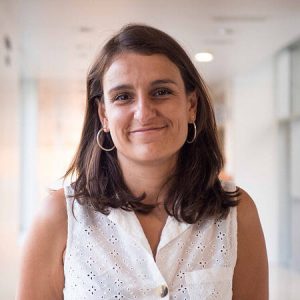
Mari Rubio-Valera
2023-2025
Todd Ruppar
2020-2023
John L. and Helen Kellogg Professor of Nursing
College of Nursing
Rush University
USA
Alex Dima
2020-2023
Filipa Costa
2020-2023
Assistant Professor
Researcher in therapeutic effectiveness
RON (National Oncology Register)
Faculty of Pharmacy, University of Lisbon
Lisbon Portugal

Sara Mucherino
2023-2025
Honorary Members and Awardees
Memorial Lecture
A speaker is invited every year to deliver the John Urquhart Memorial Lecture
Poster Prizes
Every year, a prize is awarded to the most outstanding poster
Honorary Members
